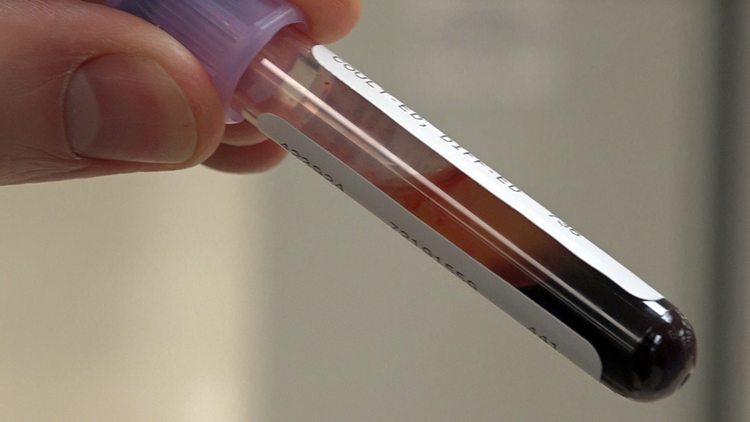If you could take a test that predicts your death, would you take it? Researchers at Yale University have developed a test they say could reliably predict a person's life expectancy.
According to a paper published by the researchers, the test works by measuring a combination of a person's chronological age and nine biomarkers in the blood.
This computes a person's "Phenotypic Age" - an aging measure that reflects a person's biological age rather than chronological.
Morgan Levine, a pathologist at Yale, told The Guardian the test could be used to identify people who are aging faster than normal - which increases their risk of disease.
According to the paper, mortality predictions were validated by studying 11,432 participants over a 12.6-year period. Researchers observed a total of 871 deaths.
"We showed that even among people who have no diseases, who are presumably healthy, we can still pick up differences in life expectancy," Levine said. "It's capturing something preclinical, before any diseases present themselves."
Sign up for WCNC NBC Charlotte’s 5 Things to Know newsletter and get the latest in your inbox each morning!



